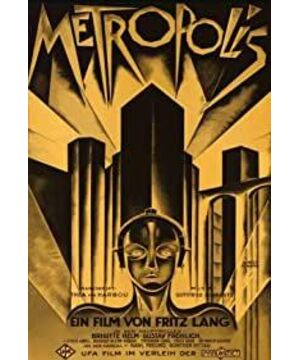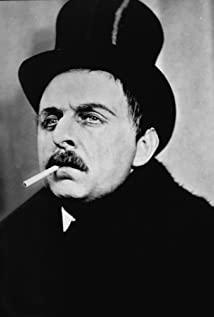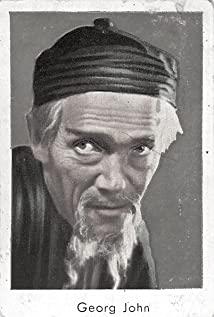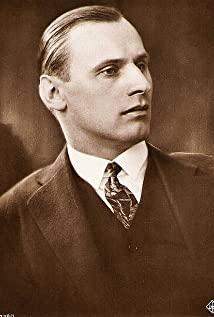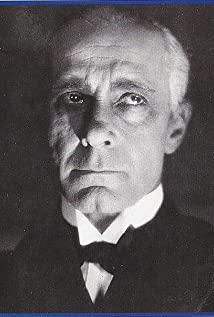Expressionist mise-en-scène is unrivaled in the history of cinema, namely the set, lighting, costumes and performances. From this came the existence of many visually-defining nouns, which have been inherited and used repeatedly in films for a hundred years. It is also interesting to see the diversity of interpretations of the film, with two diametrically opposed interpretations for and against the Nazis appearing. Later, Fritz Lang, who fled to the United States, was against the Nazis, and his wife, who was also the screenwriter of the film, supported the Nazis. Hitler and Goebbels liked the film very much at first, and even asked Fritz Lang to be the film minister, but then their attitude changed 180 degrees. Later critics linked Expressionism to Nazism, and now the film and M is seen as a prescient anti-populist masterpiece. The alternative Tower of Babel story in the film is the key to interpretation: the film compares the capitalist to the brain and the worker to the hand. The brain conceives the brilliant Tower of Babel but can only complete it with the hands. The lack of communication between the two makes the hand unable to understand the purpose of the brain. , destroyed the Tower of Babel. The story itself is an abbreviated version of the entire plot, and puts religion and class contradictions together. The ruler of the metropolis is God and the brain, the worker is the human being and the hand, the son of the ruler is Jesus and the heart, and of course Mary is the Virgin. The film has two dualistic presuppositions, one is that there are only two opposing classes in society, namely capitalists and workers, and the other is that class contradictions can only be resolved in two extreme ways, that is, violence or peaceful resolution. Capitalists have the idea of creating a new world and are justified. False Maria is Marxist and Nazi a few years later in German society; Real Maria is for peaceful settlement, which Fritz Lang naively thought would work. The criticism of the Nazis in this film and "M" only existed in Fritz Lang's subconscious. At that time, the Nazis had not even arisen. Lango fulfilled a great prophecy out of thinking about the chaotic German society. If Expressionism was a product of the desperate German society before the rise of the Nazis, then the film follows Expressionism in form while avoiding slipping into the abyss of Nazism in theme. This is what makes Fritz Lang even greater. .
View more about Metropolis reviews


